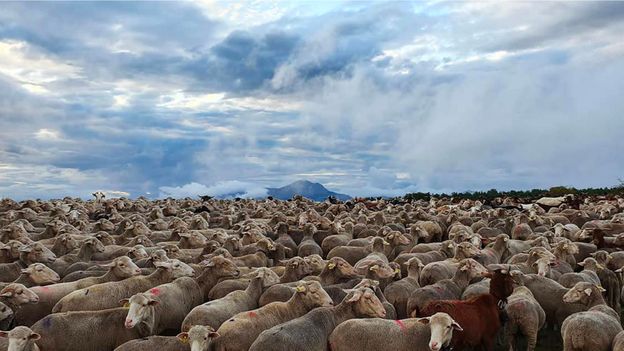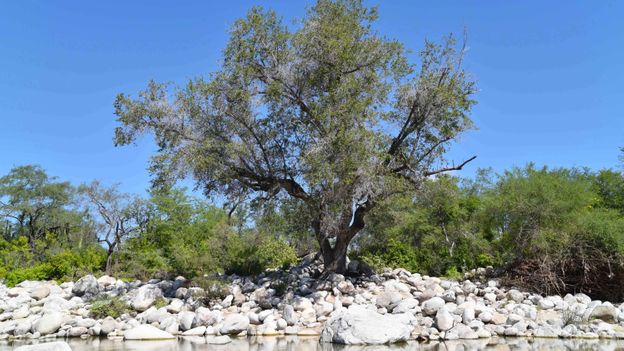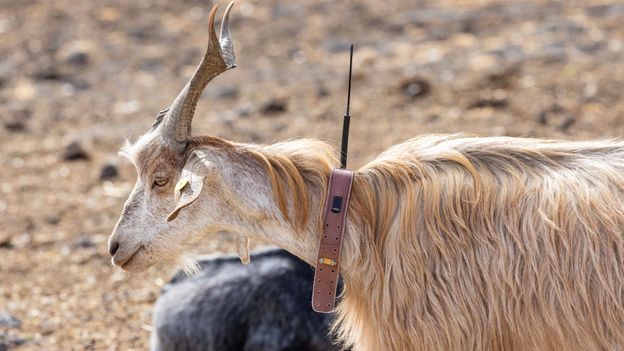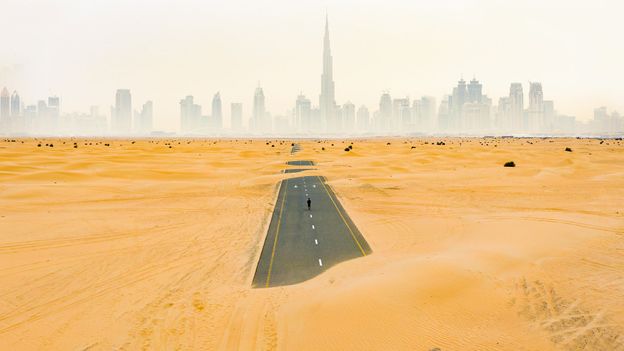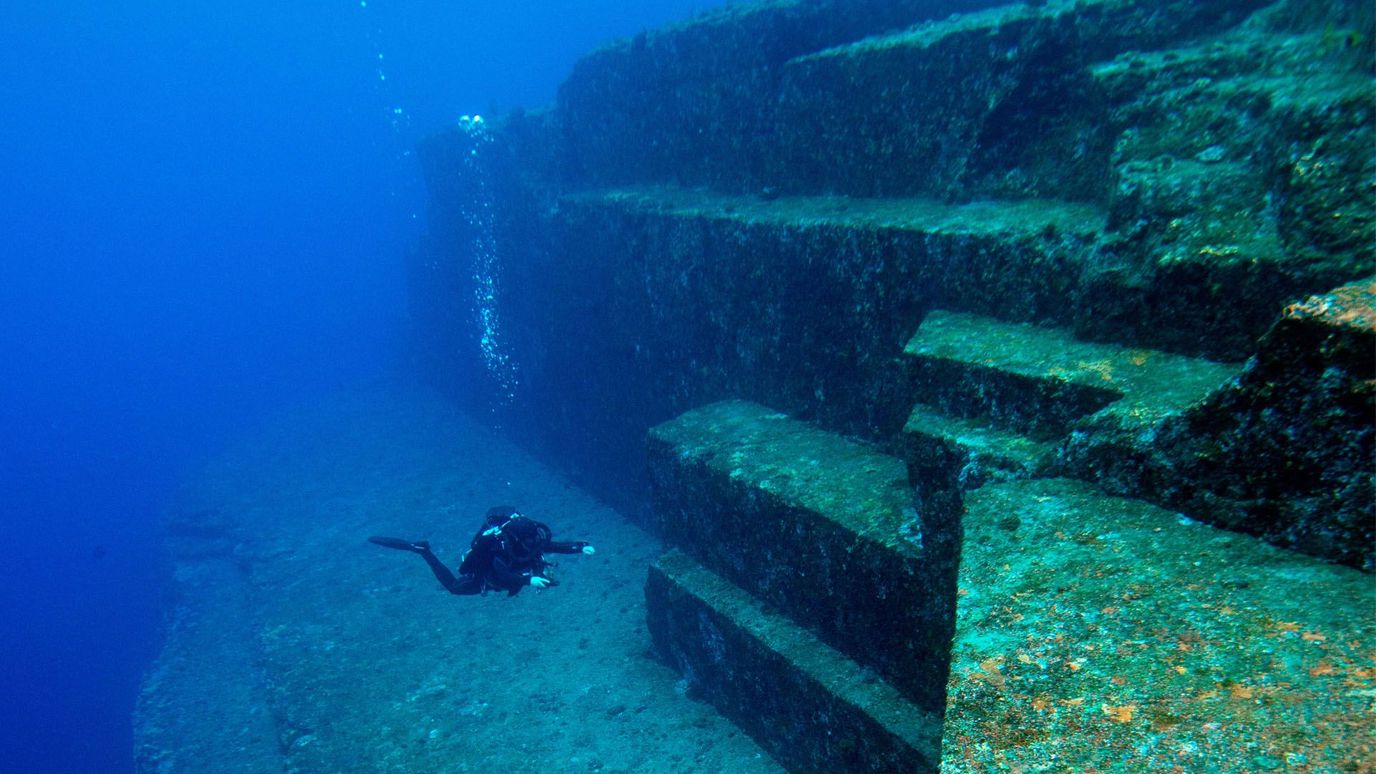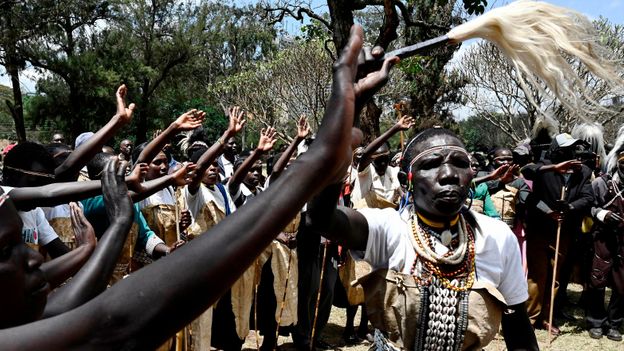Elsewhere in Spain, restoring drove roads could help more herders resume transhumance by foot – particularly in Castile and León, a major transhumance waypoint and destination. According to Garzón, the region has not complied with the 1995 Livestock Trail Act that protects, preserves and promotes the drove roads. Because of their condition, herders are hesitant to use them. “I’m concerned that…in almost 30 years of the law, practically nothing has been done – no signaling, no demarcation, no improvement of the livestock trails,” he adds.
Differentiating extensive grazing – when livestock are raised on natural pastures – from industrial farming is also key, says Peiteado. Without this distinction, “policies cannot be properly oriented in support of pastoralism,” she says. “This characterisation and differentiation…is the first step that has to be taken to guarantee the future of pastoralism in Spain.”
On one hand, says Peiteado, this would allow tools such as public funds from the European Union’s Common Agricultural Policy to ensure the socioeconomic viability of extensive grazing. On the other hand, differentiation would allow consumers to support pastoralism. “The problem we have in Spain…is that when we go to buy a product in the market, as consumers we can’t differentiate,” says Peiteado. “There should be clear labeling that allows us to see what comes from extensive livestock farming and what comes from industrial livestock farming, so that knowing the impacts of one model and the benefits of the other, we can choose.”
Oteros-Rozas agrees that acknowledging the true value of the product is critical. “Shepherds say they want the product to be valued, and priced according to the value…the main point is to stop subsidising industrial farming and imports of meat and dairy products from other countries…that compete in an unfair way with our local pastoral systems,” she says.
Advocates of pastoralism are hopeful it will continue carving out a place for itself in a world that has changed profoundly since the first transhumant herders began their journey.
“Pastoralism is this way of life attuned to making efficient use of the available resources and adapting to what’s there in a way that doesn’t harm the system and often enhances it,” says Fernandez-Gimenez. “Rather than trying to get rid of it, we need to learn from it, because those lessons are going to be ever more important under a changing climate and changing environment.”
In the mountain pastures of the Picos de Europa, Garzón and the herd pass the summer in ease, waking to crisp mornings and occasional showers while the rest of the country swelters through record-breaking heat. There they will remain until the first snowfall, signalling the time to retrace their steps south has arrived.
“The planet is facing a situation of real social and economic catastrophe,” says Garzón. “But pastoralism is going to survive.”
—
The emissions from travel it took to report this story were 0kg CO2. The digital emissions from this story are an estimated 1.2g to 3.6g CO2 per page view. Find out more about how we calculated this figure here.
—
Join one million Future fans by liking us on Facebook, or follow us on Twitter or Instagram.
If you liked this story, sign up for the weekly bbc.com features newsletter, called “The Essential List”. A handpicked selection of stories from BBC Future, Culture, Worklife, Travel and Reel delivered to your inbox every Friday.

